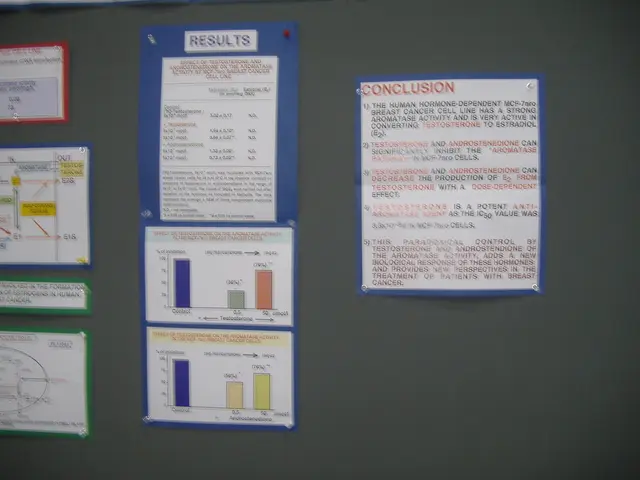Hyundai intends to expand its hybrid vehicle offerings, with plans to introduce a new mid-size pickup truck.
Hyundai is making significant strides in the automotive industry, announcing plans for a cloud-based battery management system, an expansion of its Genesis brand, and a transition to software-defined vehicles (SDVs).
The cloud-based battery management system, currently in development, will collect data from diverse vehicle environments and apply proprietary advanced modeling for faster, more precise diagnostics. This innovation is part of Hyundai's commitment to improving its electric vehicles (EVs) and reducing costs.
Hyundai is also aiming for a 30% cost reduction for its batteries by 2027, targeting cells with 15% higher energy density and 15% shorter charging times. This focus on battery technology is reflected in the company's plans to begin sales of extended-range electric vehicles (EREVs) by 2027, with a range exceeding 600 miles (960 km).
In terms of production, Hyundai is investing $2.7 billion at its Georgia Metaplant over three years, which will create 3,000 direct and indirect jobs. The Georgia Metaplant will focus on hybrid-vehicle and BEV production, with up to 10 nameplates slated for assembly there. Hyundai plans to reach 500,000 total units of production capacity at its new Georgia Metaplant by 2028.
Hyundai is not pulling back on U.S. production despite a recent raid at its Savannah, Georgia-area Metaplant. The company remains committed to assembling more than 80% of vehicles sold in the U.S. domestically by 2030.
The expansion of Genesis into new markets in Europe is another key part of Hyundai's strategy. The company aims to grow Genesis sales in current markets via new model introductions, including hybrids and EREVs, and targets 350,000 annual sales for its Genesis brand by 2030.
Hyundai's plants will implement software-defined technologies, including advanced robot-based automation systems for predictive maintenance, digital simulation, and self-diagnostics. The company is also accelerating its transition to SDVs, with its Pleos in-vehicle distributed operating system at the core of its strategy. Pleos is said to enable rapid software updates, personalized feature enhancements, and a safer, more flexible driving experience. The Pleos Connect next-gen infotainment system will launch in second-quarter 2026, with multi-window functionality and an in-vehicle marketplace for third-party apps, creating new service-based revenue opportunities.
Finally, Hyundai is expanding its N brand to more than seven models by 2030 and plans to introduce a midsize pickup truck to its U.S. lineup. An N version of the Hyundai Ioniq 6 BEV sedan will feature three temperature optimization modes. These announcements demonstrate Hyundai's commitment to innovation and growth in the automotive industry.
Read also:
- Catastrophe at a U.S. Steel facility in Pennsylvania results in the loss of two lives. crucial details unveiled
- Fructose Market Set to Top USD 8.1 Billion by 2034
- Powered by BMW, the Morgan Supersport Hails as a 335HP Ode to Britain's Motor Tradition
- Scout Motors Confident about Steady Electric Vehicle Sales during 2027 Launch on WardsAuto Podcast








